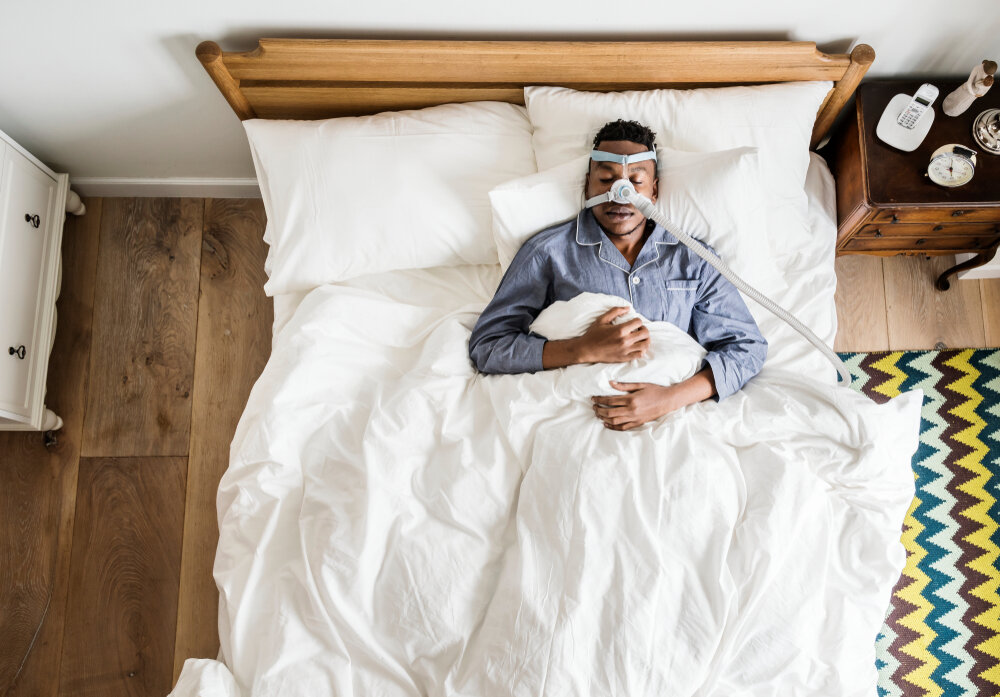Exploring the Sleep Apnea Treatment Options
Many people have a loud and excessive snoring symptom of sleep apnea. Sleep apnea is a very common condition, which at some point in their lives affects an estimated four in ten people. The most common variety of obstructive sleep apnea experienced has been defined as a soft tissue obstruction that leads to the failure of sufficient oxygen to breathe during sleep.
Sleep apnea can therefore cause a variety of problems when you sleep. In the middle of the night, it can wake you and cause sleeping pattern disruption, leading to general fatigue and difficulty with focus. It can also lead to headaches, particularly in the morning, as well as to a higher risk of heart disease and heart attack.
There are many lifestyles that can help you to lower your blood pressure and lose weight, but your ENT doctor can also help you with the treatment of your sleep apnea. Here we will look at some of ENT doctors' most common treatments for sleep apnea.
CPAP Treatment
CPAP machines are among the most common methods for the treatment of obstructive sleep apnea. These devices are generally similar to nasal masks and can be provided by most ENT doctors.
CPAP machines help you to open the nasal cavity a little more effectively during the night. This prevents apneas and prevents snoring and helps you to sleep much better during the night.
Treatments such as CPAP are regularly recommended alongside healthy changes in lifestyle such as controlling your calorie intake. The close links between sleep apnea and excess weight also make you more active. However, the impact of your symptoms can be greatly reduced by addressing the problem immediately as you pursue a longer-term solution.
CPAP Masks
Continuous positive airway pressures are used over the mouth or nose, or over the mouth and nose some masks are worn. Inhaling and exhaling the airways are continuously supplied with pressure from CPAP machines. They don't breathe for you. They keep the airway open with pressure. CPAP machines must be calibrated carefully and the mask should be correctly fitted into the individual user. Some people who use a CPAP system complain of a dry throat, but many more recent models include a moisturizer on board.
Soft Tissue Removal
In most cases, soft tissues cause obstructive sleep apnea. If the CPAP machine does not work efficiently, then operation may be advisable to stop snoring and restore your sleep patterns.
UPPP is a surgery with a particular purpose or removing or reshaping tissue in the throat in order to open the airway and to ensure that you can respire effectively at night.
Sleep Apnea Surgery
A wide range of surgeries can be performed to permanently correct blocking sleep apnea. These procedures target tissues that prevent your sleep from breathing. Sleep apnea treatment operations remove blocking tissues to restore breathlessness while you sleep. As a bonus, you can also find that during the day you breathe better.
Uvulopalatpharynhoplasty - This sleep apnea surgery may have a long name, but also lasting positive effect. Tissues, uvula, tonsils, adenoids or the soft palate are taken out of the throat or during the procedure.
Thermal Ablation - Tissue is removed by burning the tissue away during this procedure. The methods used include laser, radiofrequency and bipolar cauterization. Turbinates, polyps, tissue of uvula and the smooth palate can all be thermally abated. Recovery is much less painful than traditional operations and is much faster.
Contact OKOA for sleep apnea treatment. We would work for treating your sleep apnea.
**Disclaimer: The information on this page is not intended to be a doctor's advice, nor does it create any form of patient-doctor relationship.

